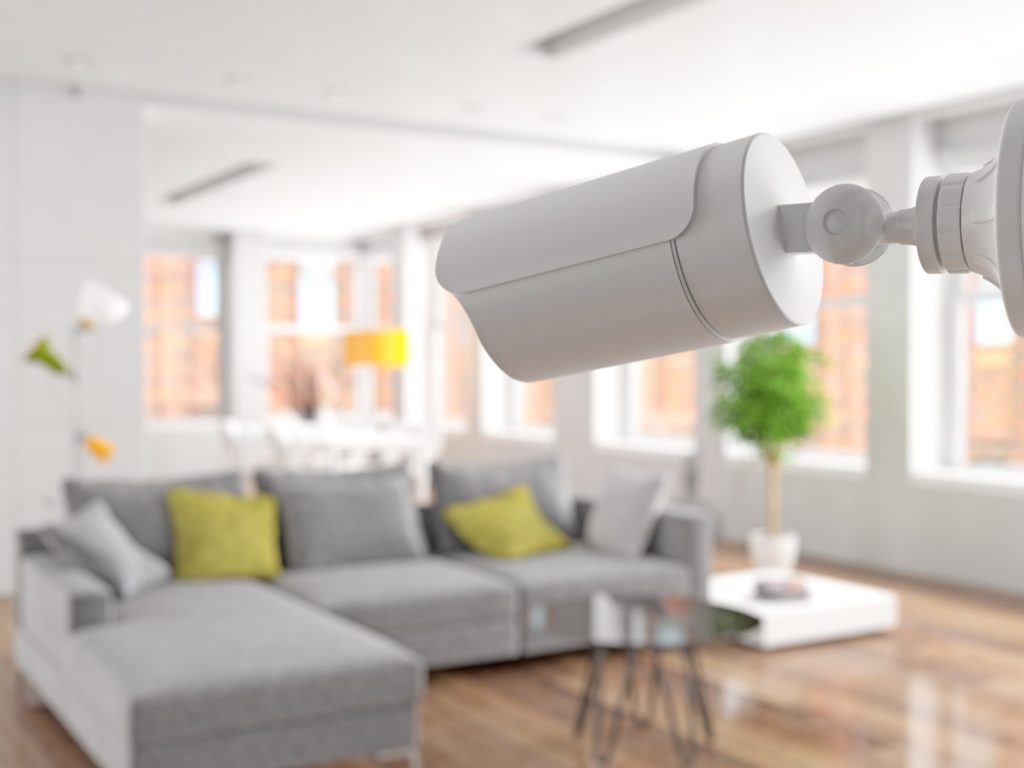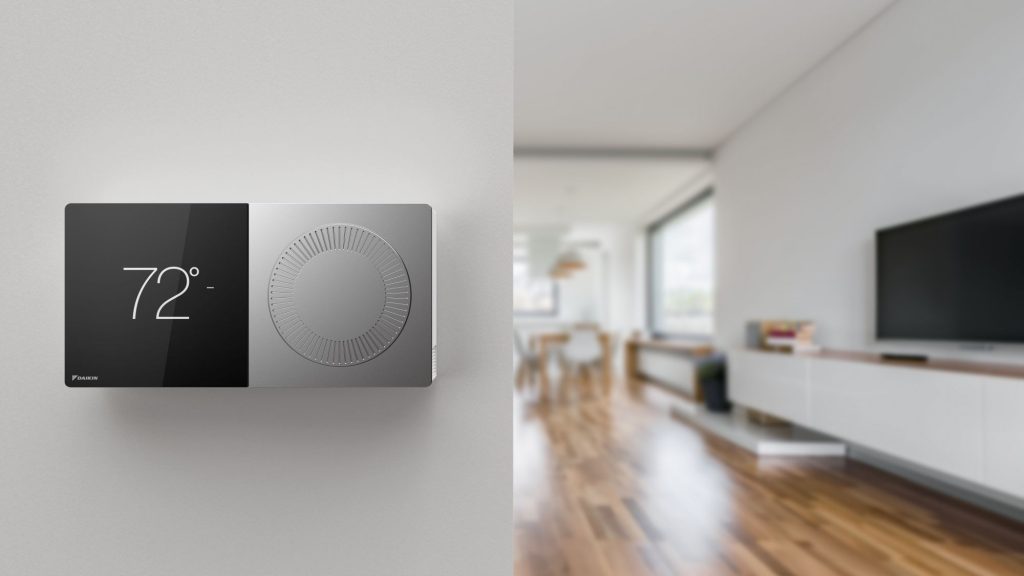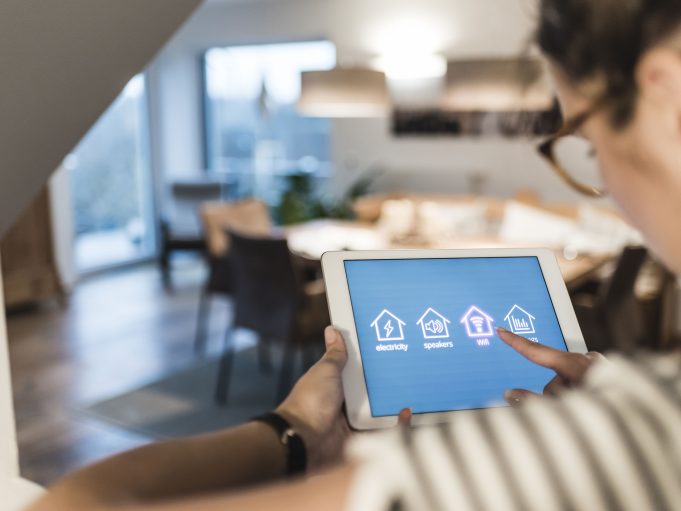Are you considering investing in smart home automation? It is a massive trend at the moment with both homeowners and property professionals using it for different reasons but getting the same positive results. Despite many people seeing the positives of smart automation, there are also some downsides associated with home-based technology which may affect your decision to invest.
Here are some of the pros and cons of implementing smart technology in your home which will help you decide whether it is right for you.
Pros:
Home security

If you’re a homeowner looking to improve the security of your home, smart technology like video camera doorbells are an ideal addition. This type of product is operated via Bluetooth or WiFi on a smartphone or home hub to show real-time footage of who is near your home. This is ideal if you spend a lot of time away from home, as it can help deter burglars as well as offering you convenience in case of delivery when you’re out and about.
You can also purchase smart locks, which can also be connected to your phone. This is ideal if you leave the house in a rush, as you secure your door easily from an app in a matter of minutes. You can even take it one step further and purchase fingerprinted smart locks which will offer you complete reassurance that your home is secure and can deter intruders.
Money-saving
Another benefit of smart technology is that it can actually save you a significant amount of money. For example, having a smart meter in a property allows homeowners or tenants to monitor their energy usage, which in turn helps them change their usage patterns in order to make massive savings.
Property experts like RW Invest promote their smart properties by showcasing their ability to help tenants save on their energy bills through technology such as smart lighting and solar panels. These are also beneficial to the planet, as they can help prevent energy waste, which is also another attractive attribute.
Cons:
Potential glitches

With any type of new technology, there is the potential for glitches, as the technology may not have been tested enough to be completely fool-proof. For instance, utilities like smart washing machines are only in the beginning stages of their development, therefore they may malfunction which can become a great inconvenience for you or your tenant.
If glitches do occur, repairs may not be included within your warranty as this type of malfunction may not have been considered when designing the product. Because of this, you may face extensive maintenance costs, which could even cost you more than the product itself.
Costly purchase
One of the downsides of smart home automation is that it is a costly investment. Although as mentioned above the investment may be worth it, as you can expect to make savings over the long-term. To ensure you get the most out of your money, you should assess all the different products out there to make sure you receive the long-term value you’re after.









